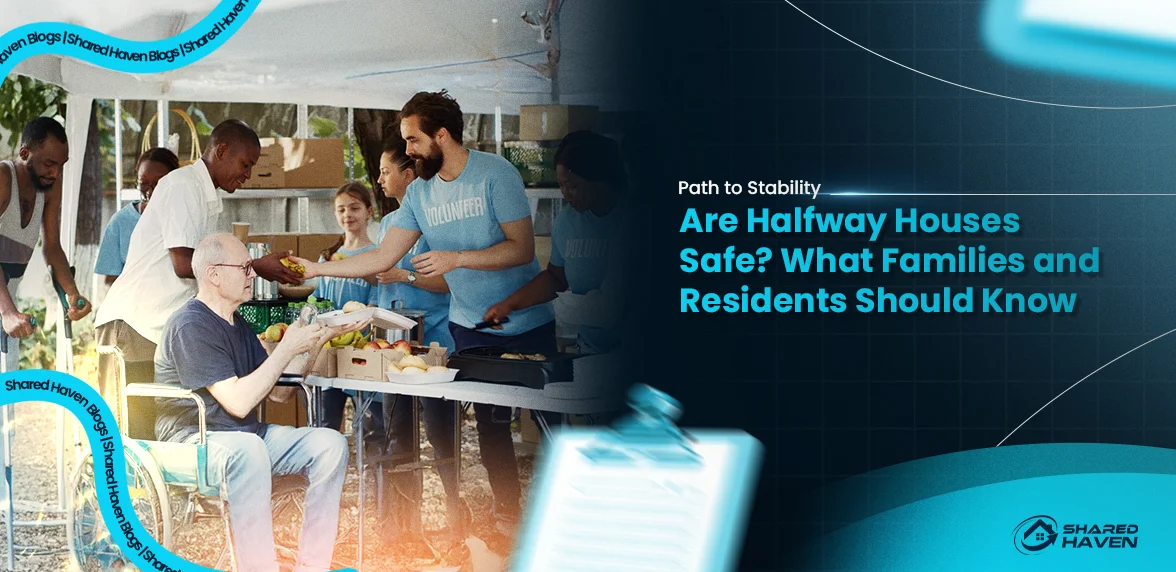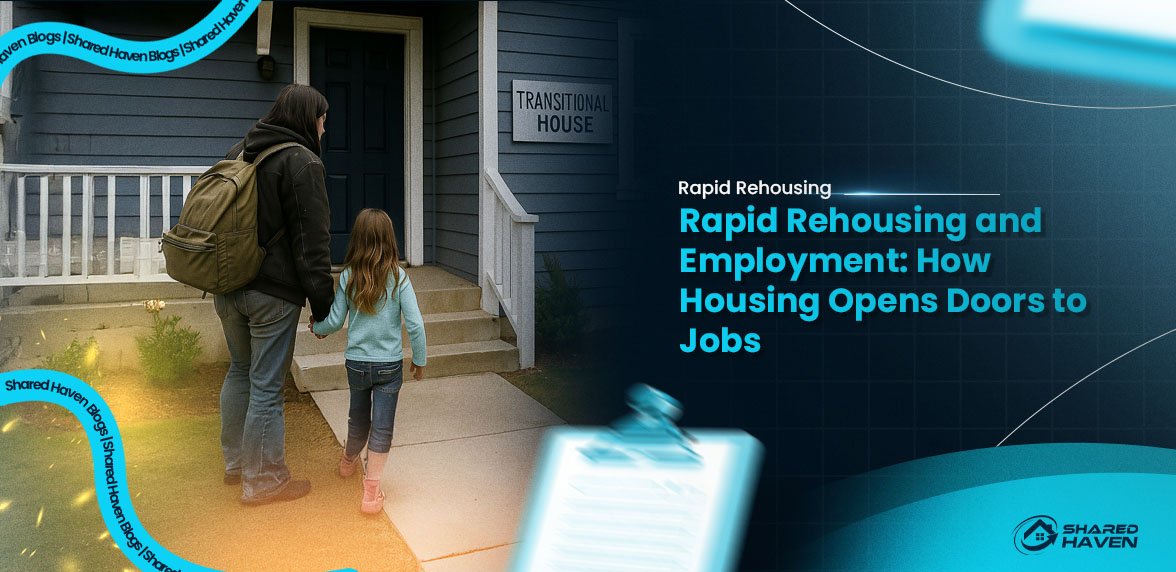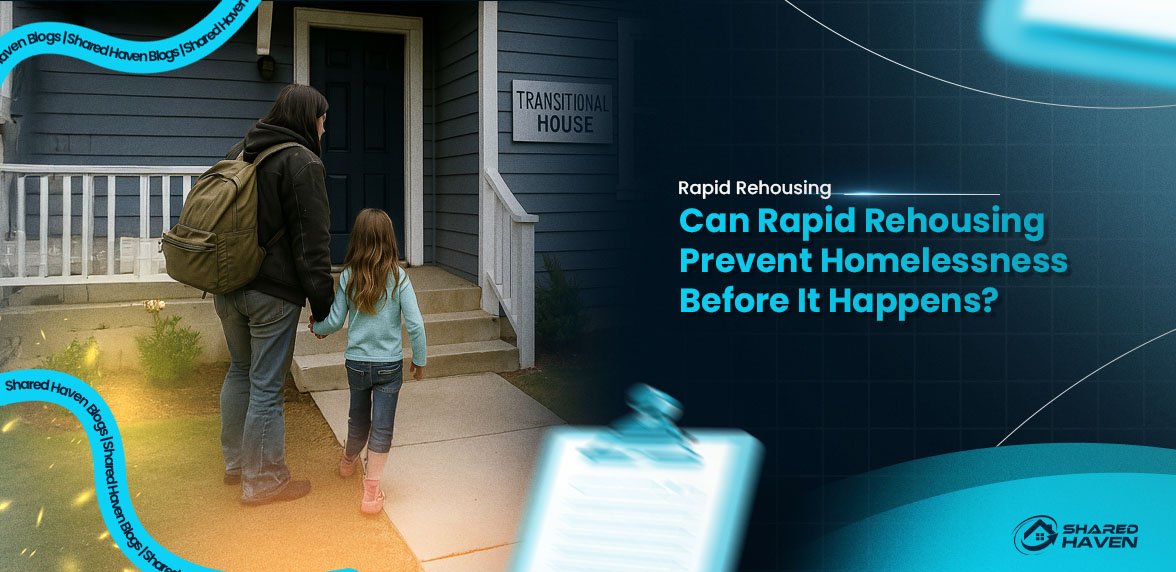What Does Sober Living Entail
Furthermore, Sober Living homes provide people in recovery with safe environments. Additionally, these houses help residents stay focused and avoid relapse. Moreover, every house creates rules that promote accountability and responsibility. Consequently, rules are essential because they create fairness and order. Therefore, knowing what to expect before joining remains critical.
Why Rules Matter in Sober Living
Indeed, Sober Living rules protect both individuals and communities. Similarly, each rule guides residents to make healthier daily choices. Furthermore, rules help residents rebuild their lives without distractions. Additionally, structure gives residents discipline they often lacked before recovery. Thus, these expectations encourage personal growth while reducing relapse risks.
Basic House Rules in Sober Living Homes
First, most Sober Living homes require total abstinence from substances. Additionally, every resident must pass regular drug and alcohol tests. Furthermore, daily curfews prevent late-night exposure to harmful environments. Also, residents must keep living spaces clean and organized. Finally, visitors are usually limited to maintain security.
Curfew Expectations in Recovery Homes
Initially, curfews in Sober Living homes build responsibility and routine. Subsequently, residents must return home by a set time nightly. Moreover, curfews encourage healthy sleeping patterns and protect recovery progress. However, breaking curfew often leads to warnings or consequences. Eventually, consistent adherence to curfews creates discipline and stability.
Chores and Responsibilities in Sober Living
Meanwhile, everyone must contribute to households by completing chores. Specifically, chores include cleaning, cooking, or maintaining shared spaces. Additionally, these tasks teach accountability and teamwork within homes. However, residents who avoid responsibilities face consequences. Therefore, consistent participation helps build strong life skills.
Financial Expectations in Recovery Housing
Additionally, residents must pay rent and sometimes contribute to utilities. Furthermore, paying on time shows responsibility and financial discipline. Also, most houses require employment, education, or volunteer activity. Consequently, this rule prevents idleness and helps residents reintegrate. Thus, maintaining financial accountability supports independence after leaving.
Respect and Behavior in Sober Living
Importantly, respectful behavior forms the foundation of every Sober Living home. Additionally, residents must treat others with kindness and dignity. However, aggressive behavior or verbal abuse is never tolerated. Furthermore, arguments are resolved peacefully with staff support. As a result, homes maintain safe and positive atmospheres.
Mandatory Meetings in Recovery Communities
Similarly, most homes require regular attendance at recovery meetings. Additionally, meetings may include 12-step programs or support groups. Furthermore, these sessions provide accountability and encourage community connection. Also, consistent participation reinforces coping tools during stressful times. However, missing too many meetings may result in consequences.
Employment and Daily Activity in Sober Living
Meanwhile, residents must stay busy with work, education, or volunteering. Additionally, structured activity prevents boredom, which often leads to relapse. Furthermore, employment helps residents save money and build independence. Also, education strengthens long-term career opportunities. Therefore, regular activities keep residents motivated and focused.
Drug Testing in Recovery Homes
Additionally, random drug and alcohol testing ensures safety and accountability. Furthermore, residents must comply with these tests at all times. However, positive results usually lead to consequences, including dismissal. Consequently, these rules protect groups and discourage relapse. As a result, everyone feels more secure in their environment.
Zero-Tolerance Policies in Sober Living
Furthermore, most houses adopt zero-tolerance policies for substance use. Additionally, breaking this rule typically results in removal from programs. Consequently, this approach protects both communities and individuals. Moreover, residents understand that relapse threatens everyone’s safety. Therefore, zero-tolerance rules reinforce personal responsibility and discipline daily.
Communication and Honesty in Recovery Communities
Additionally, honesty is a cornerstone of recovery in Sober Living homes. Furthermore, residents must share concerns openly with staff and peers. However, dishonesty undermines trust and creates division in houses. Additionally, transparent communication helps resolve issues quickly and fairly. Therefore, honesty becomes a habit that benefits future relationships.
House Meetings in Sober Living
Similarly, weekly or biweekly meetings address house issues and updates. Additionally, residents discuss chores, schedules, and behavioral expectations. Furthermore, meetings provide platforms for peer support. Also, attendance is usually mandatory for every resident. Therefore, these gatherings strengthen community bonds and improve operations.
Personal Growth Goals in Recovery Housing
Additionally, residents are encouraged to set personal goals for recovery. Furthermore, goals may include education, career advancement, or wellness habits. Also, staff often help track progress and offer guidance. Moreover, clear goals give residents direction and motivation. Over time, goal-setting builds confidence and independence.
Conflict Resolution in Sober Living
Additionally, conflicts arise in any shared environment, including Sober Living homes. Furthermore, rules promote calm and respectful ways of resolving disagreements. Also, residents often use mediation or staff support. However, fighting or aggression is never acceptable under any circumstances. Therefore, these practices teach valuable conflict resolution skills.
Visitors and Relationships in Recovery Communities
Additionally, most homes limit or monitor visitors to maintain safety. Furthermore, romantic relationships inside houses are often discouraged. Consequently, these limits reduce distractions that may harm recovery. Also, visitors must follow house rules during their stay. Therefore, strict guidelines ensure environments remain focused on goals.
Accountability Systems in Recovery Housing
Additionally, accountability is reinforced through check-ins, chores, and testing. Furthermore, staff may assign mentors or peer partners. Moreover, these systems keep residents responsible for their daily actions. Additionally, accountability creates trust and reliability within groups. Ultimately, these habits prepare residents for life after leaving.
Privacy Expectations in Sober Living
However, while privacy is respected, it has limits in shared homes. Additionally, personal belongings should be secure and labeled clearly. Furthermore, residents must respect each other’s space and boundaries. Also, staff may enter rooms for safety checks if necessary. Therefore, clear privacy guidelines prevent conflicts and protect dignity.
Consequences for Rule Violations in Recovery Communities
Additionally, breaking rules results in consequences that may vary. Furthermore, minor violations often bring warnings or added chores. However, repeated violations may lead to probation or dismissal. Moreover, consequences are consistent to maintain fairness for everyone. Therefore, these measures reinforce accountability and discourage repeated misbehavior.
Benefits of Following Rules in Sober Living
Additionally, following rules helps residents succeed in recovery long-term. Furthermore, structure and accountability keep them on track daily. Also, respectful behavior builds supportive relationships within homes. Moreover, personal responsibility creates confidence and independence after leaving. Ultimately, rules serve as tools for growth, not restrictions.
Life Beyond Recovery Housing
Additionally, graduating from Sober Living prepares individuals for independent living. Furthermore, residents leave with stronger coping skills and healthier habits. Also, they build stronger financial and social foundations. Moreover, the transition becomes smoother because of structure they followed. Ultimately, Sober Living rules prepare people for lasting recovery.
Conclusion
Additionally, Sober Living homes create environments built on structure and accountability. Furthermore, rules protect residents and encourage long-term recovery success. Also, each expectation helps individuals develop discipline, responsibility, and stability. However, although strict at times, these guidelines serve important purposes. Therefore, following them allows residents to achieve personal growth.
National Hotline for substance abuse





